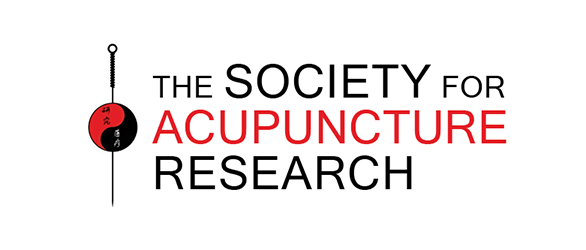How the Pandemic is impacting pregnancy, IVF and adoption decisions.
/Infertility affects both men and women and the pandemic has created and added layer of stress that needs to be addressed for a successful pregnancy.
Struggling with fertility is anxiety producing and one of the most stressful situations for women and couples. A study shows that 68% (204 million) of Americans are worried about their family’s health related to COVID-19.
The pandemic has increased the level of fear and anxiety over whether it is safe to conceive and have a healthy pregnancy and baby. The influence of Covid-19 pandemic on the psychological status of infertile couples is having an affect.
Studies report that as many as 30 percent of women are postponing pregnancy because of all this (health risks and worries; isolation; job loss and more)
Women with infertility will still be recovering from having their fertility treatments cancelled, surgeries postponed and closed clinics. Many women feel like they will have to start from square one. There is concern about when it will be safe to resume treatments and if COVID-19 would cause deformities such as Zika virus.
The information on the impact of Covid-19 has not been conclusive making it difficult for couples to decide if it is safe to move forward with getting pregnant.
The CDC findings are that pregnant women are at risk for more severe illness from covid versus non-pregnant women.
Pregnant women with Covid-19 or more likely to be admitted to the hospital and in the ICU with a 70% more likely to need ventilators according to data, though death numbers are not impacted. Even with these findings there are gaps in the data.
What do we know for sure?
Patients that have pre-existing health issues such as obesity, diabetes, high blood pressure and immune problems that would have also been considered high risk under normal circumstances are at higher risk if they contract Covid-19.
During pregnancy there are changes in the immune system that make women more prone to severe illness from influenza and can also be harmful to the developing baby. Flu vaccines are an added protection during pregnancy because the antibodies will pass on to the developing baby.
The difference with Covid-19 is that there is no vaccine available and will take time to study efficacy once it is used.
What can couples do now?
Each couple will have to take a hard look at their health right now and if they can improve their overall health, which in turn will help with fertility and pregnancy. Look at setting a timeline and health goals around getting pregnant for both male and female. If it is possible to postpone or wait a bit, couples that can are rethinking when they will resume if they are working with a fertility clinic.
Taking a whole health perspective of eating well, exercising, losing weight and stress reduction will help to strengthen their immune system and reduce their risks of severe illness.
Relieve Stress
Stress is the biggest disrupter of reproductive hormones. It’s not about relaxing, it is about the overall function of the nervous system being triggered over and over creating anxiety.
Focus on your overall health
Think of the big picture of habits that contribute to your overall health - sleep, nutrition, exercise, mind-body practices, and self-care. This can also include the relationship with your partner, as fertility can put a strain on relationships. These habits all support fertility, no matter what stage of the fertility journey you are on.
Holistic approaches
Acupuncture: studies show acupuncture can improve fertility outcomes for both men and women. Acupuncture helps to regulate the nervous system and has shown to activate certain neuropeptides in the brain that reduce inflammation and stimulate the immune system to heal.
Males: It is important that male fertility is investigated. Studies show the virus can damage testicular cells and interfere with spermatogenesis causing problems with male fertility. Men should get tested for antibodies and also sperm health, preemptively they can freeze sperm for the future as well.





















